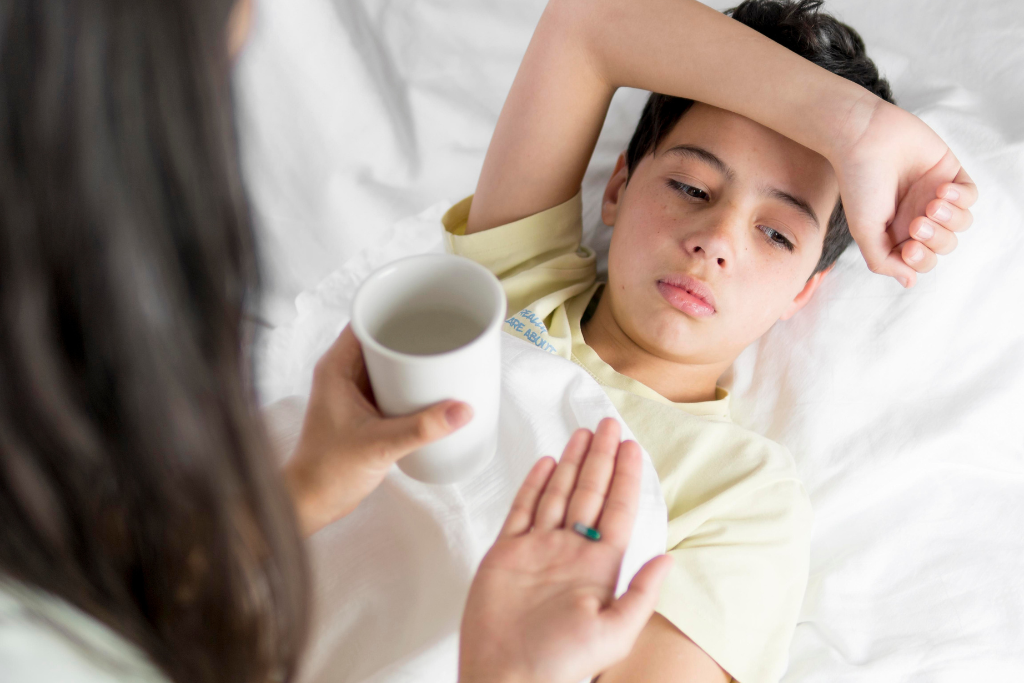- No products in the cart.
Mosquito borne diseases - All you need to know
Home » Mosquito-borne diseases – All you need to know

Our knowledge of Mosquito-Borne Diseases is limited to the titles of the ailments, despite the fact that the transmission process is far more complex. People have the notion that mosquitos are direct carriers of parasites that infect by releasing them into the bloodstream. However, the execution differs significantly from what we imagine since mosquitoes feed on an infected individual, carry the virus or infection with them, and transmit it to the next individual.
Malaria
The plasmodium parasite is the infectious agent in this one of the more frequent mosquito-borne disorders. When a female Anopheles mosquito bites an infected person, it becomes a carrier of the parasite, which is subsequently passed on to subsequent bites. However, the disease worsens as the parasite multiplies within the liver, eventually making its way into the RBCs.
Chikungunya
Chikungunya is another viral disease that is widely transmitted by mosquitos and shares symptoms and indications with Dengue and Zika. When it comes to identifying the mosquito species responsible for the disease, Aedes Aegypti emerges as the principal hazard. Chikungunya symptoms include fatigue, rash, headache, and fever that appears suddenly.
Dengue
The Dengue Virus is spread through the bite of an infected Aedes Aegypti mosquito and begins to proliferate within three to 14 days following transmission. The disturbing point here is that the global dengue incidence has increased in recent years, with the disease killing almost 25000 people each year. What begins as a typical skin rash gradually evolves into an ominous menace, with symptoms including hemorrhagic fever, vomiting, headache, and joint pain.
Zika virus
The Zika virus causes Zika virus disease, which is transmitted to humans mostly by the bite of an infected Aedes species mosquito. These mosquitoes bite the most during the day, but they also bite at night. There is presently no vaccine available to protect against Zika infection.
Yellow Fever
Yellow Fever is yet another mosquito-borne viral disease that causes loss of appetite, muscle pains, and headaches. Unlike malaria and dengue fever, Yellow Fever has a shorter life span and the infected person recovers within four to six days. Surprisingly, the yearly death toll from Yellow Fever is about 30000, which is a large figure when compared to dengue.
Yellow Fever is a potentially fatal disease due to its hemorrhagic nature, and the mosquito breed that transmits it is the 'Aedes Aegypti.' Yellow Fever is named by the fact that it can induce dengue fever in some patients.
Safeguard from mosquito borne diseases
1. Never allow water to stagnate anywhere in and around your home; keep a close eye on it, especially during the rainy season, and empty any pooled water in buckets, coolers, or other containers where mosquitoes can thrive.
2. Check and clear litter around your residence, and keep your neighborhood clean. Mosquitoes frequently find refuge amid litter.
3. Personal repellents and protective clothes are effective against all of them. When children and expectant moms go outside, it is recommended that they wear mosquito repellent.
4. Because mosquitoes swarm towards dwellings in the dark, a physical barrier such as mosquito screens, doors, or net windows will efficiently mosquito-proof your home.
5. Improve water storage and sterilization to control the disease at the community level.

